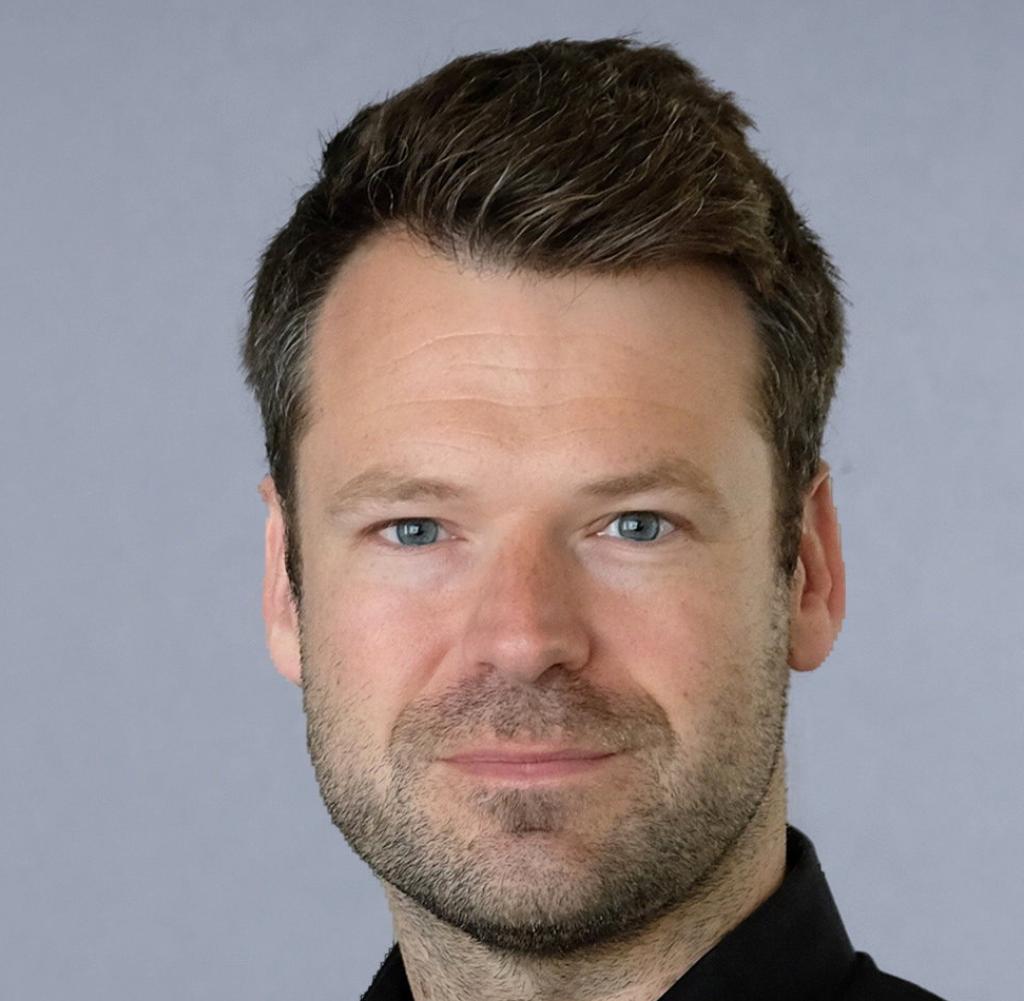They want to meet for dinner. Very informally, so that everything can be discussed openly. The 27 heads of state and government of the EU want to travel to Brussels next Monday and discuss the lessons from the European elections. The future direction of the community of states is also likely to be discussed, for example in economic and climate policy. But above all, an important personnel question must be answered: who should head the Commission in the future? Once again the German incumbent Ursula von der Leyen, the creator of the Green Deal?
Before the dinner on June 17, however, something else needs to be clarified: Should von der Leyen be there? According to WELT information, several EU countries want to exclude her from the extraordinary meeting of the European Council. She herself, however, plans to attend.
The situation is delicate. On the one hand, von der Leyen has the right to be present, because the President of the Commission is also a member of the Council. On the other hand, her own future is at stake. And many heads of state and government fear that they will not be able to speak freely if von der Leyen is in the room.
Other candidates for important EU posts have stayed away from similar meetings in the past, including José Manuel Barroso, Herman Van Rompuy, Donald Tusk and Charles Michel. And this time?
“A large majority of heads of state and government would very much like the candidate not to be present in order to allow for an open discussion,” an insider told WELT. A second group of countries has no preference. And a “very small” number prefers the appearance of the Commission President.
The President of the European Council, Charles Michel, spoke to 23 heads of state and government by telephone last week. He asked them how they imagined the meeting on 17 June.
The dinner will not only be about von der Leyen’s post. A successor for the EU foreign policy chief Josep Borrell must also be found. And for Michel, who has so far chaired the regular meetings of top politicians in Brussels, the nightly EU summits. Unlike von der Leyen, Michel cannot run for another term in office.
In response to a request from WELT, the EU Commission said: “The President of the Commission is a member of the European Council. It is therefore our understanding that she will attend this European Council dinner.”
If von der Leyen actually attends the dinner, it is said in EU circles, two unpleasant scenarios are conceivable. Both would probably create a tense atmosphere.
On the one hand, some heads of state and government could ask the Commission President to leave the room. On the other hand, they could demand that the other leading candidates in the European elections – such as Luxembourg’s Nicolas Schmit from the Social Democrats – also appear and present their programmes.
It remains to be seen whether a decision will be made after the dinner about the top European personnel of the future. Who could get which position? It is considered likely that von der Leyen, who ran for the Christian Democratic EPP, will remain Commission President.
The Social Democrats, the second strongest party in the EU Parliament, could provide the President of the European Council, i.e. Michel’s successor. Former Portuguese Prime Minister António Costa is being considered for this position.
Estonian Prime Minister Kaja Kallas could become the EU’s foreign policy chief. She has already said that she would consider such an offer “very seriously”.
Her name has been circulating in Brussels for some time. Kallas has repeatedly advocated the delivery of ammunition and weapons to Ukraine. However, her critics say she is too aggressive towards Russia to be the EU’s chief diplomat.
All of this is to be discussed on Monday. Both sides have chosen their negotiators. The Social Democrats chose German Chancellor Olaf Scholz and Spanish Prime Minister Pedro Sánchez. The Christian Democrats agreed on Polish Prime Minister Donald Tusk and his Greek counterpart Kyriakos Mitsotakis.
Von der Leyen herself also wants to hold talks. First with the Social Democrats and Liberals in the EU Parliament. Then with the Greens – and possibly also with the far-right parties.




